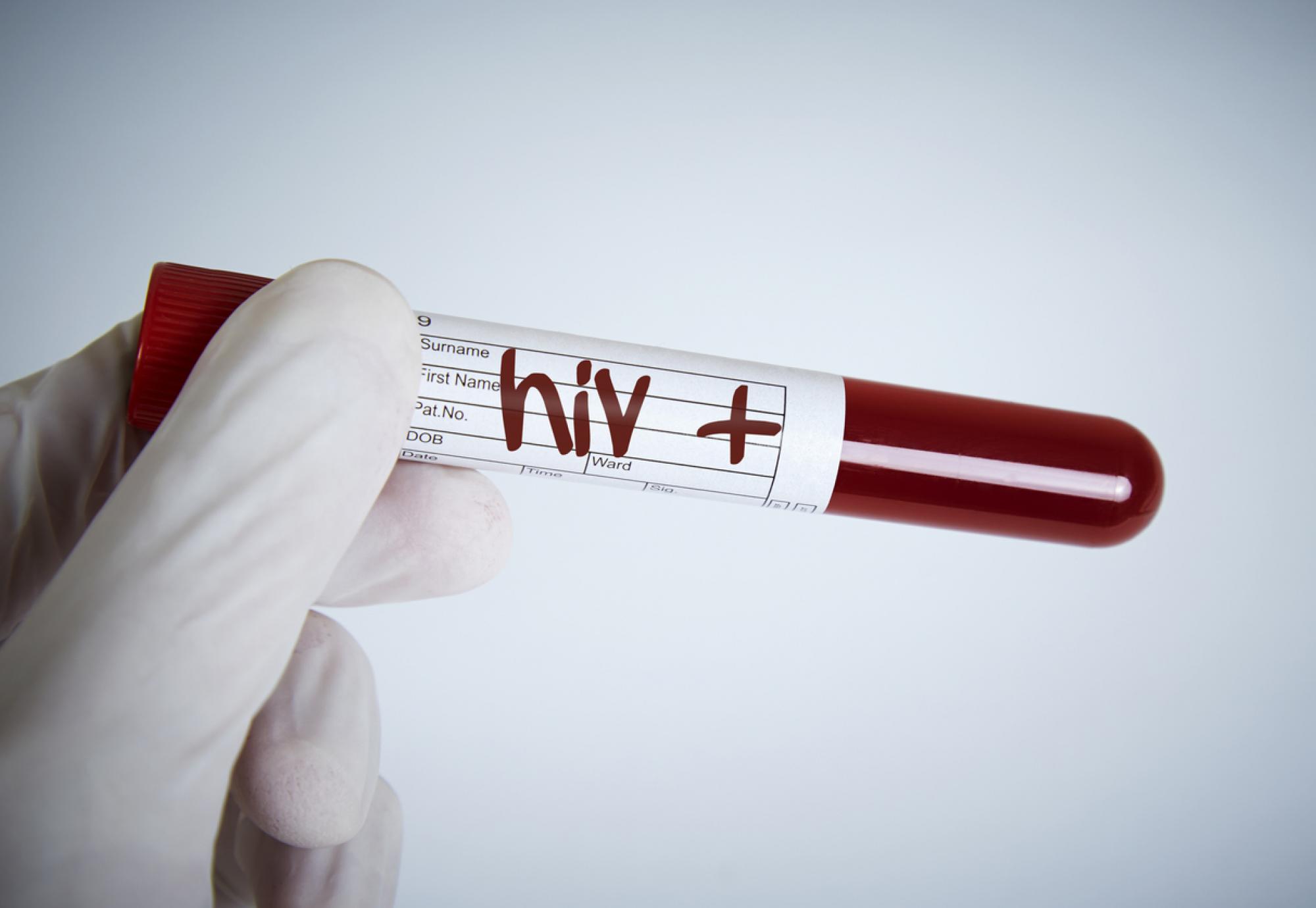In a global first, the NHS could completely stop all new cases of HIV before 2030, as their comprehensive repertoire of HIV-stopping drugs gives hope to tens of thousands of people.
The potential global-first comes thanks to a series of NHS deals that will see the roll out of the first long-lasting injection for HIV, cabotegravir and rilpivirine, which can supplant daily tablets meaning less frequent doses for patients.
This comes just after the NHS also approved the use of fostemsavir – the first oral drug to be licensed specifically for people with HIV who have had limited success with other treatments due to things like tolerance, resistance and safety concerns.
The purpose of these treatments is to keep the number of virus particles in the blood at a minimum so they can’t attack the patient’s immune system – such is the efficacy of the aforementioned drugs, there is essentially zero chance that anyone undergoing consistent treatment can spread HIV, helping the NHS in their bid to become the first health system in the world to achieve no new cases of HIV.
Professor Sir Stephen Powis, national NHS medical director said: “We now have a genuine chance of achieving no new HIV infections, thanks to the unparalleled efforts of NHS staff and our ability to get effective drugs into the hands of the people who stand to benefit.
“The health service has a proven track record of striking medicines agreements that give patients access to world-leading care at a price that offers the best value for taxpayers.
“This new, national agreement for HIV drugs, along with better testing, diagnosis and support are spearheading the NHS’s fight against the virus by giving more people the treatment they need to stop its spread.”
The NHS has already helped reduce HIV transmissions by 34% between 2014 and 2019, with these new deals expected to further aid the 87,000 people currently being treated for HIV and the 61,000 people receiving preventative treatment.
Blake Dark, NHS commercial medicines director, said: “By providing access to this range of HIV drugs across the country, the NHS will help to prevent thousands of people from contracting HIV and getting seriously ill. It gives us a very real opportunity to be the first nation in the world to reach zero new HIV transmissions by the end of this decade.”
These new deals further cement the NHS’s position as global leader in the fight against HIV and as an overall leader in healthcare across the world.



















